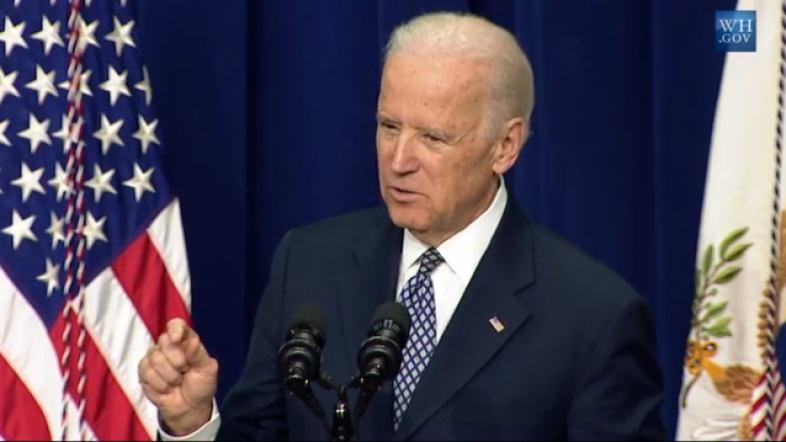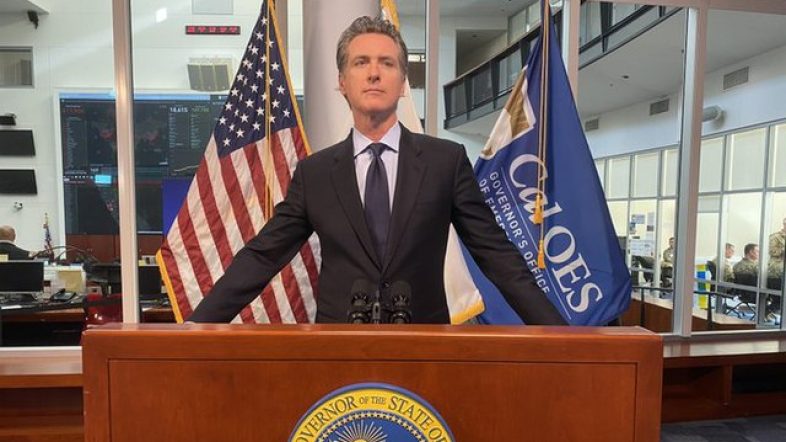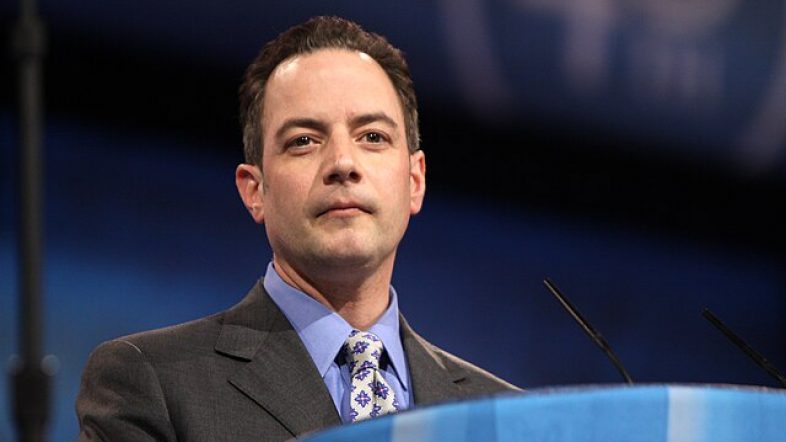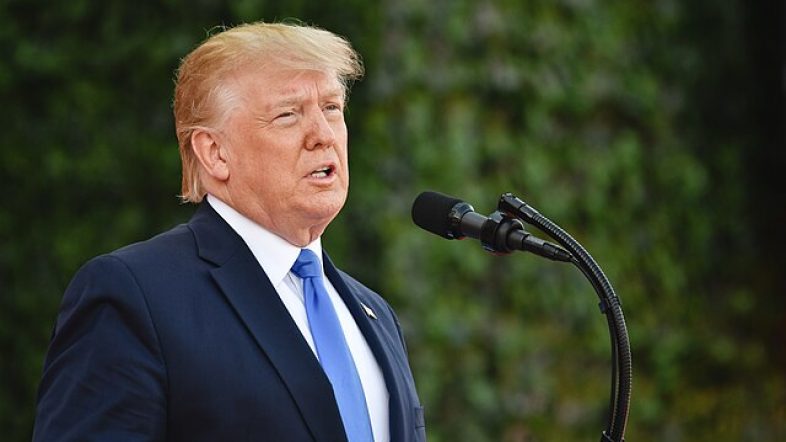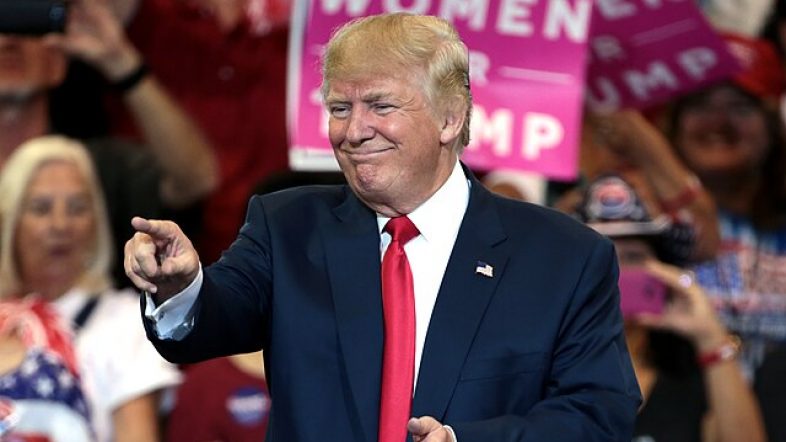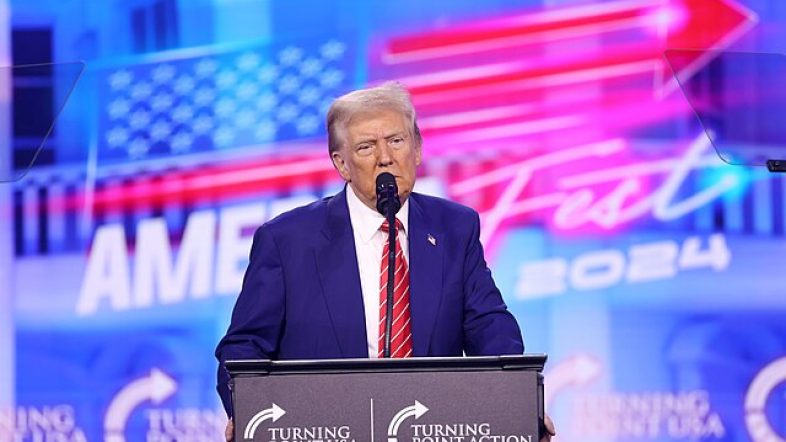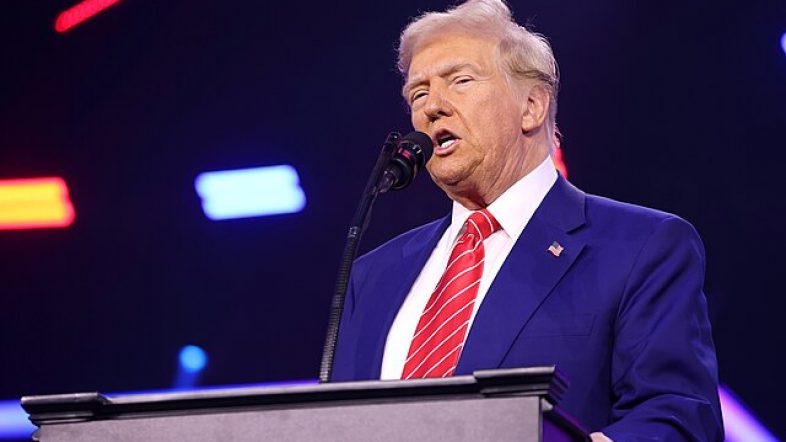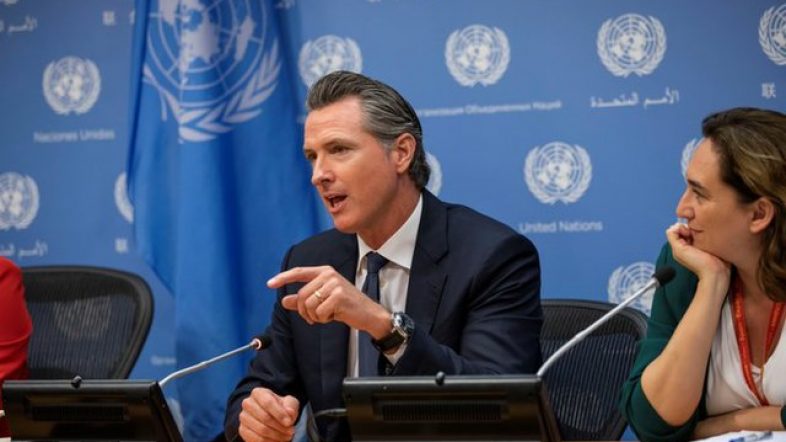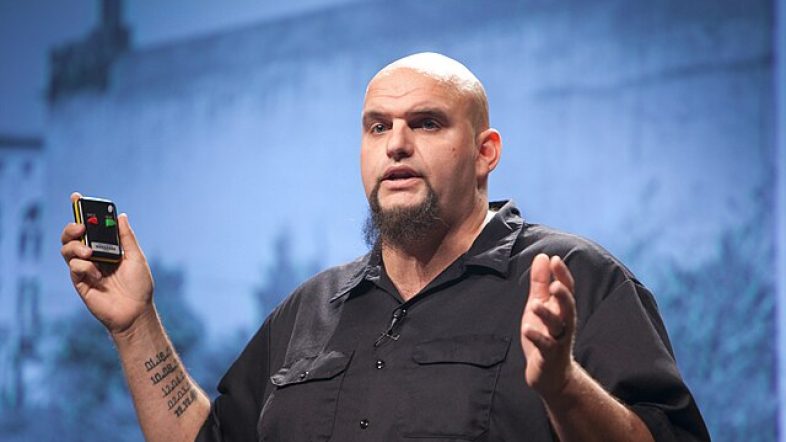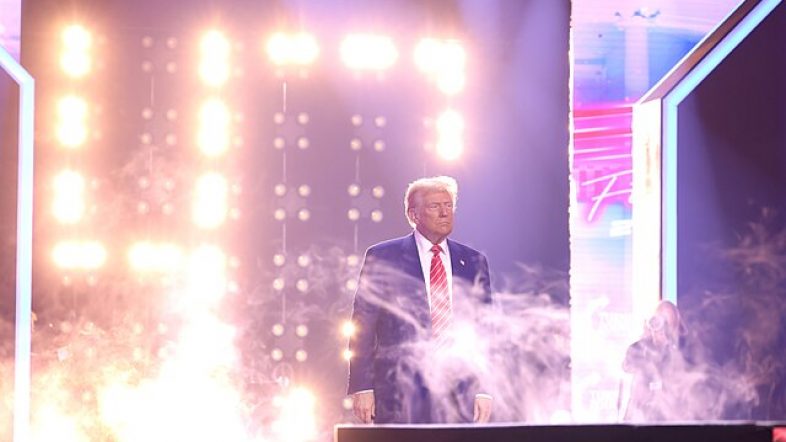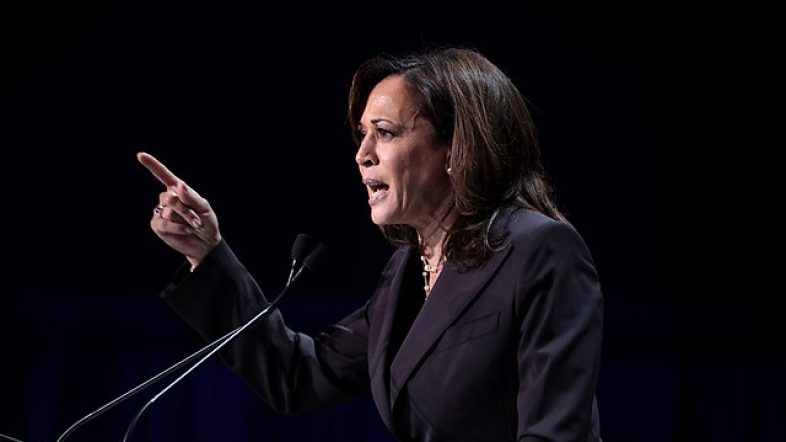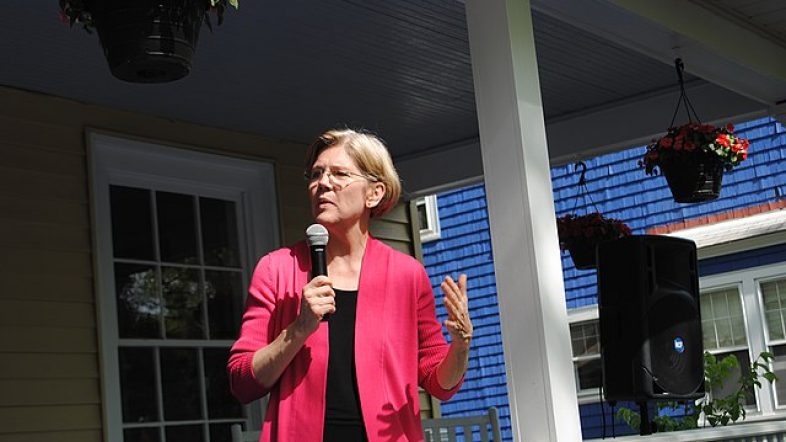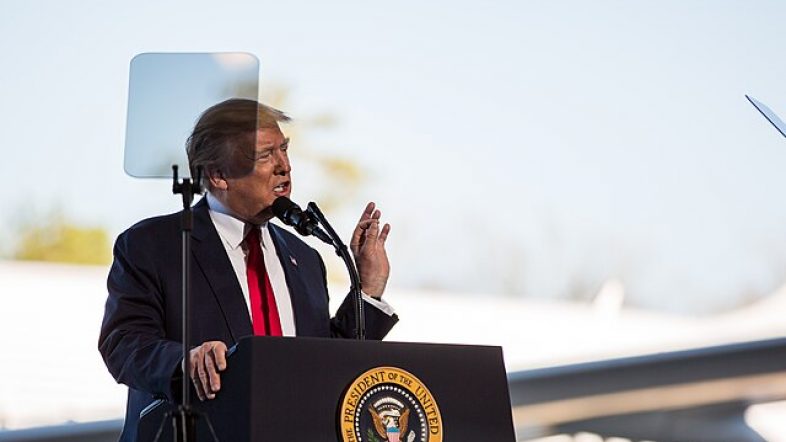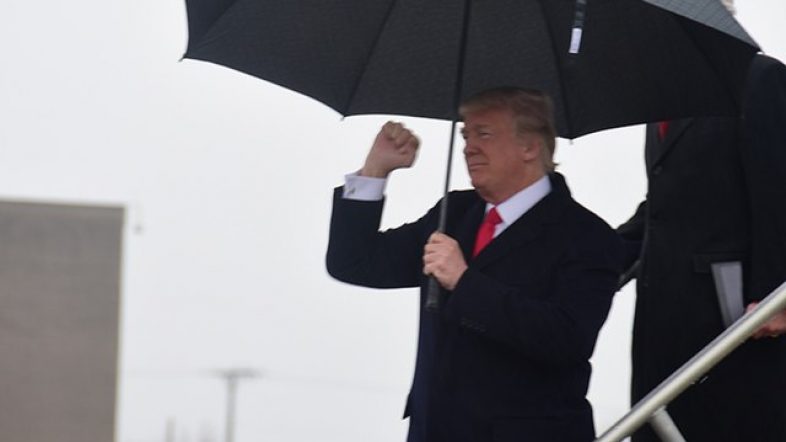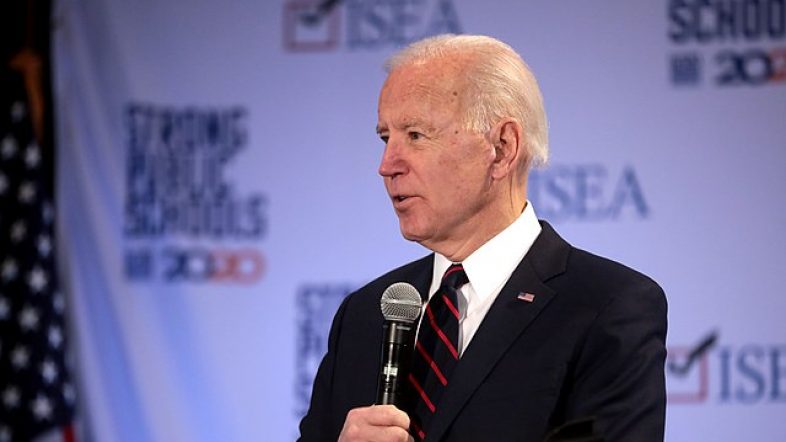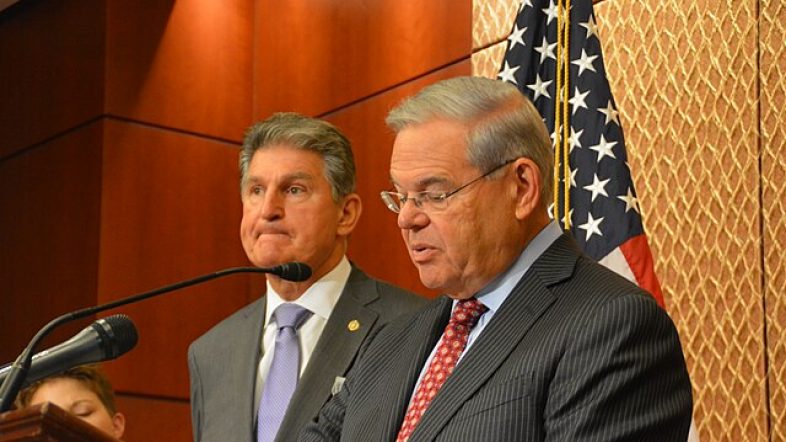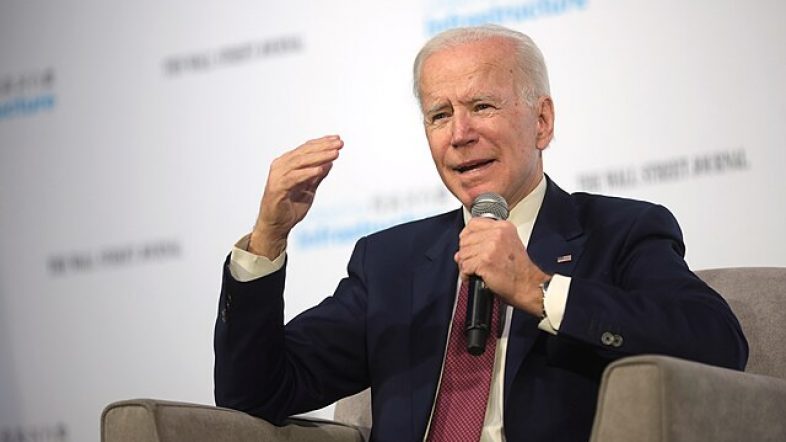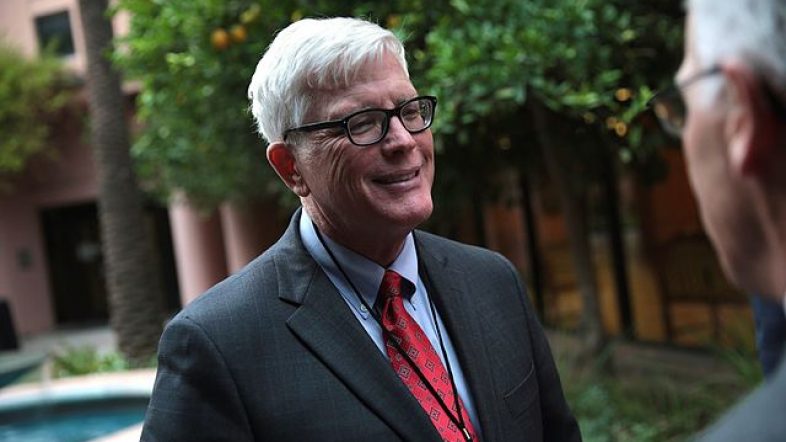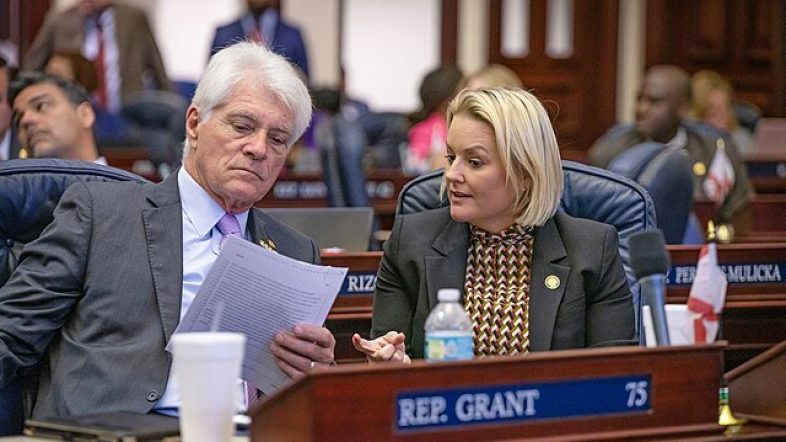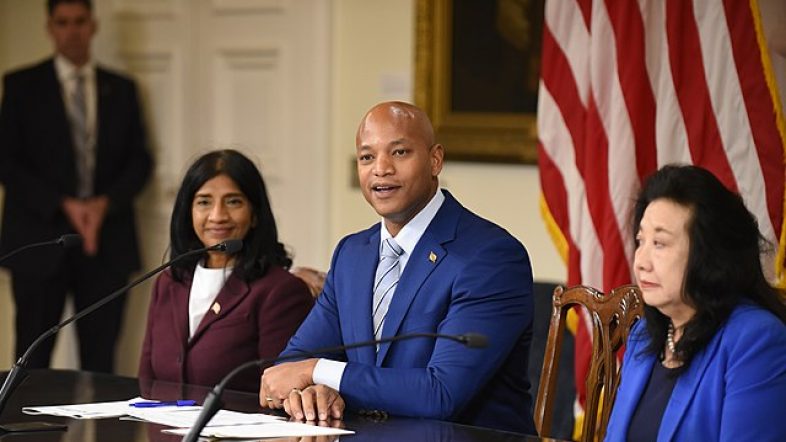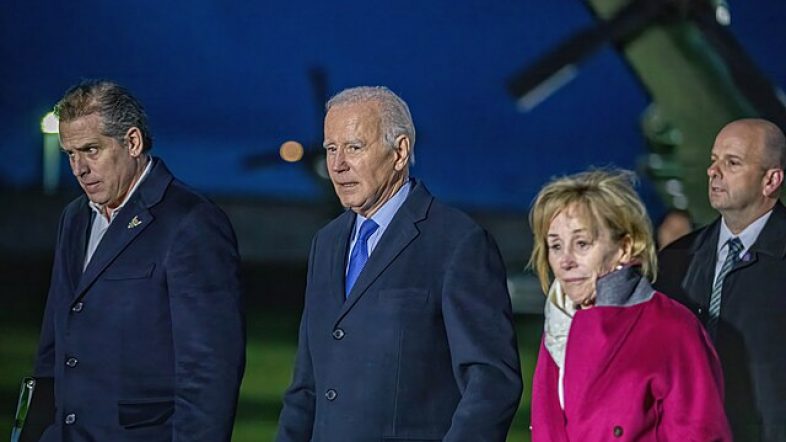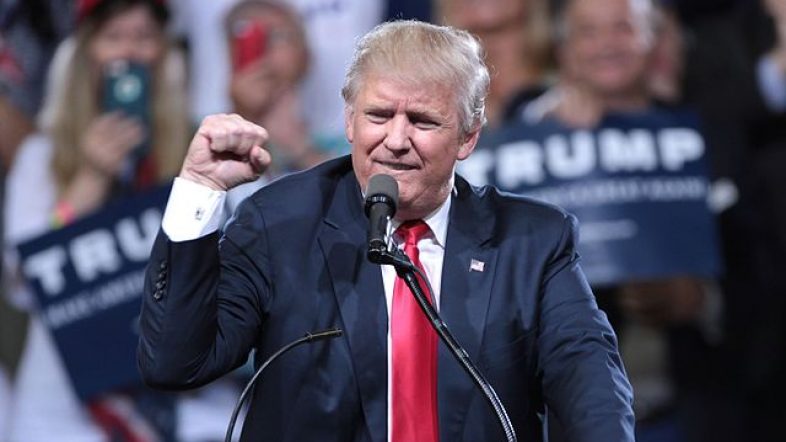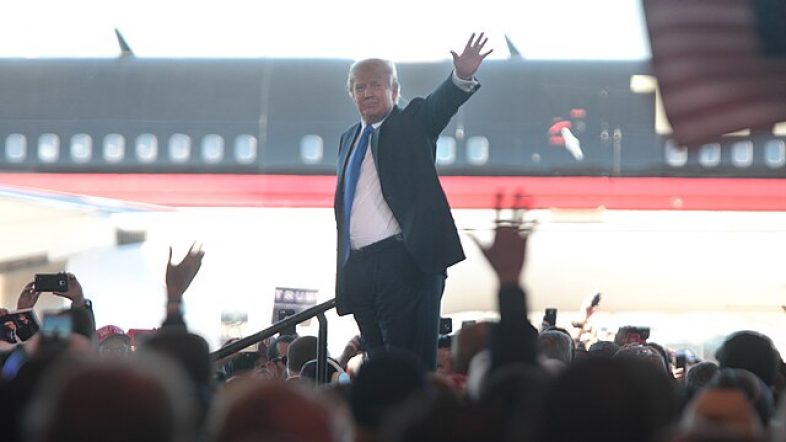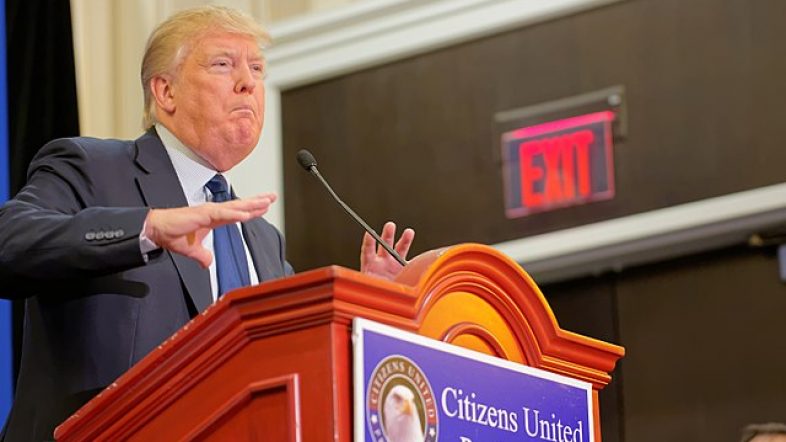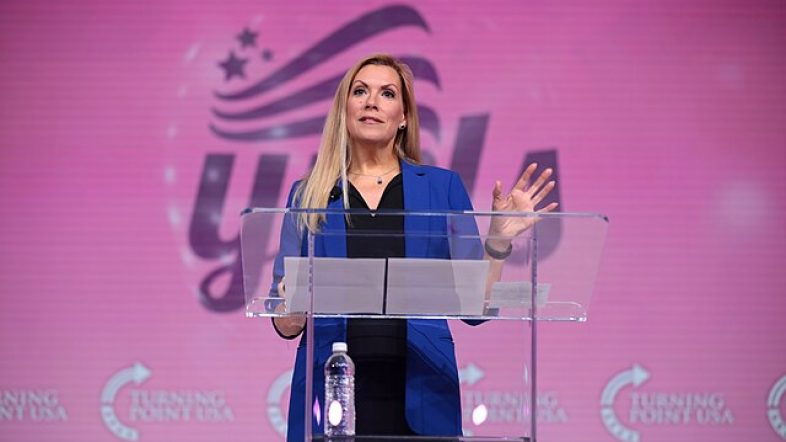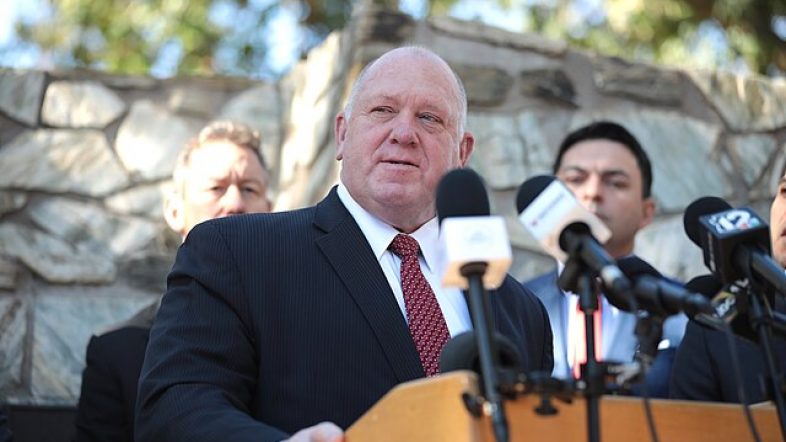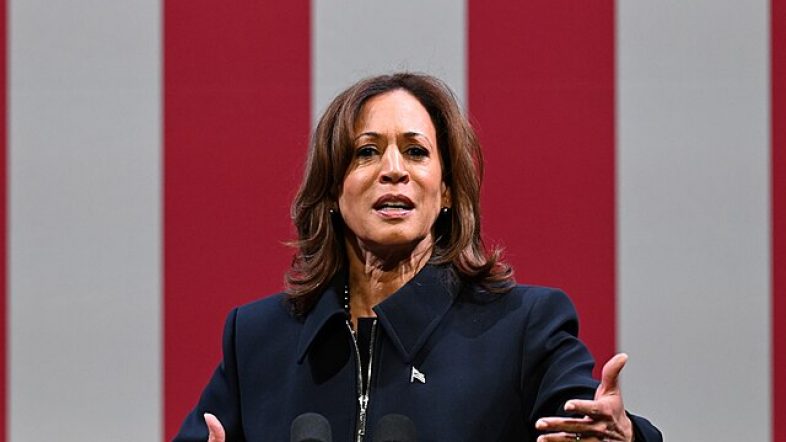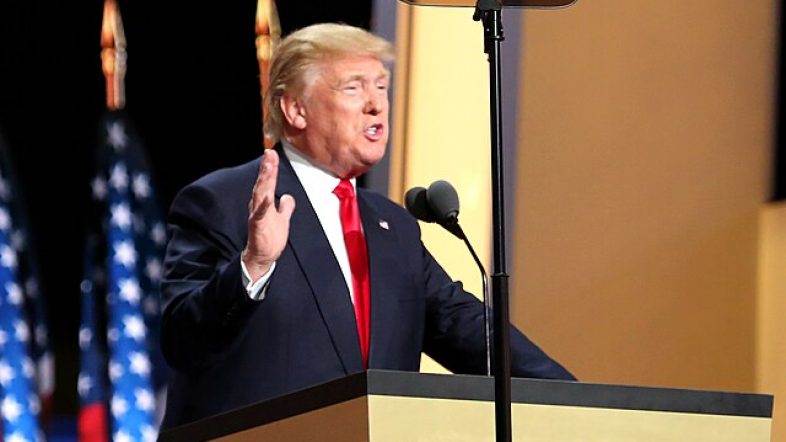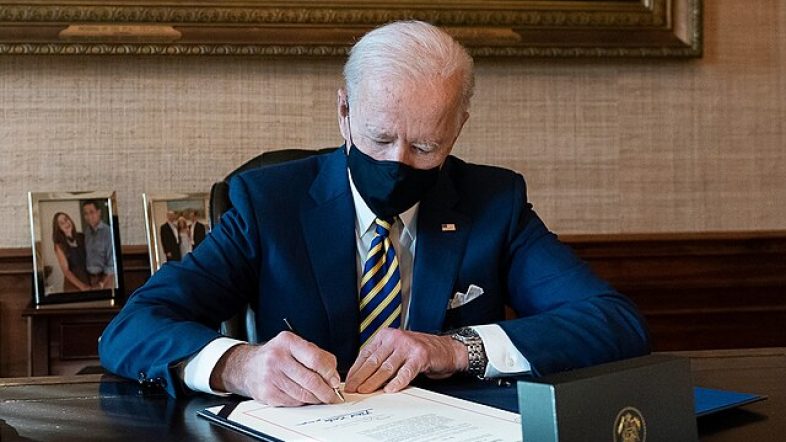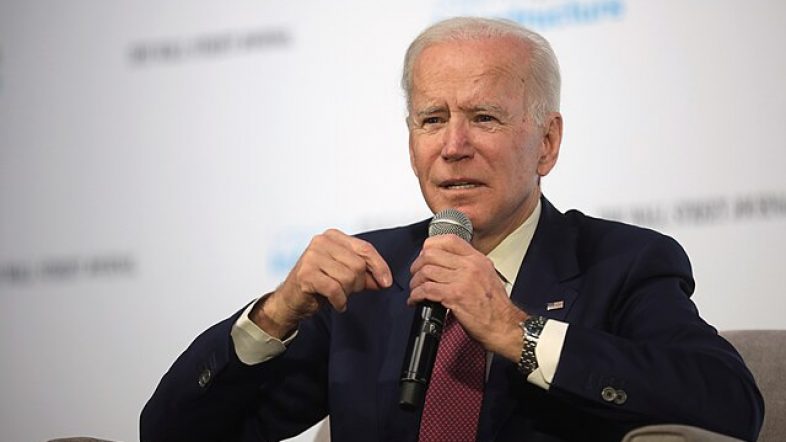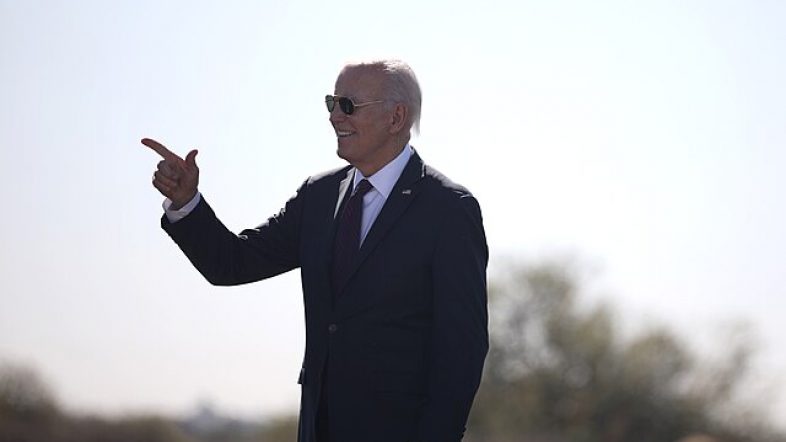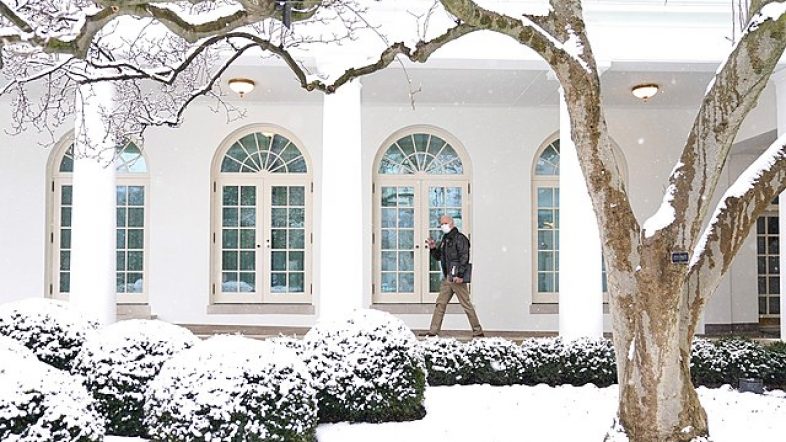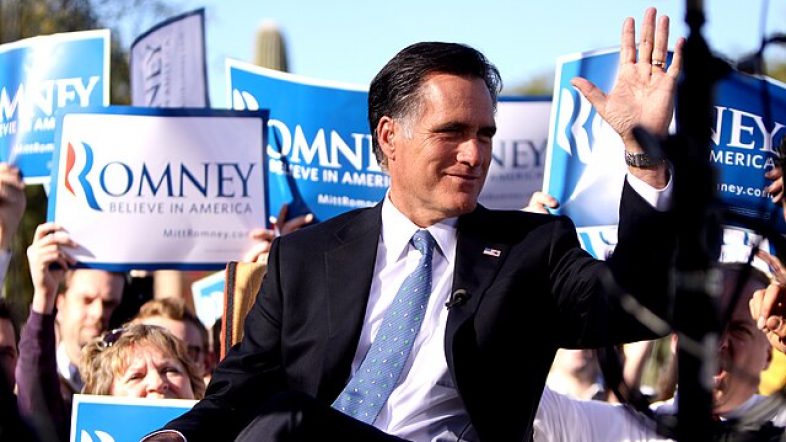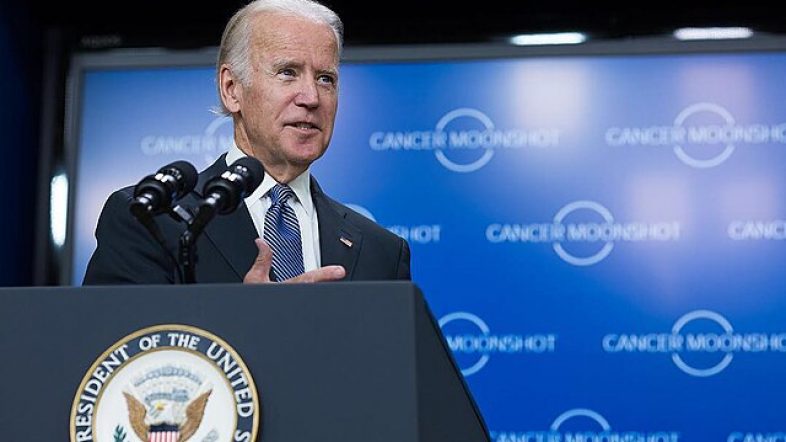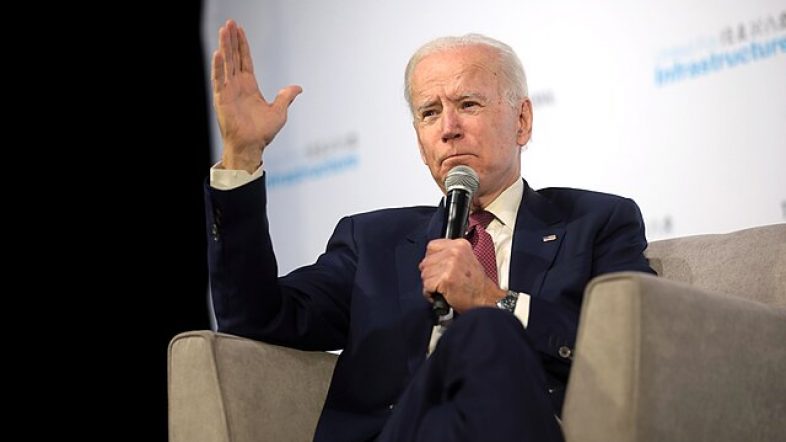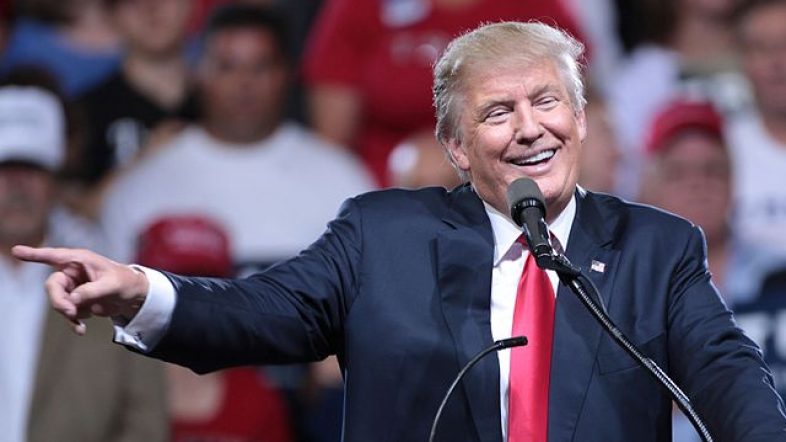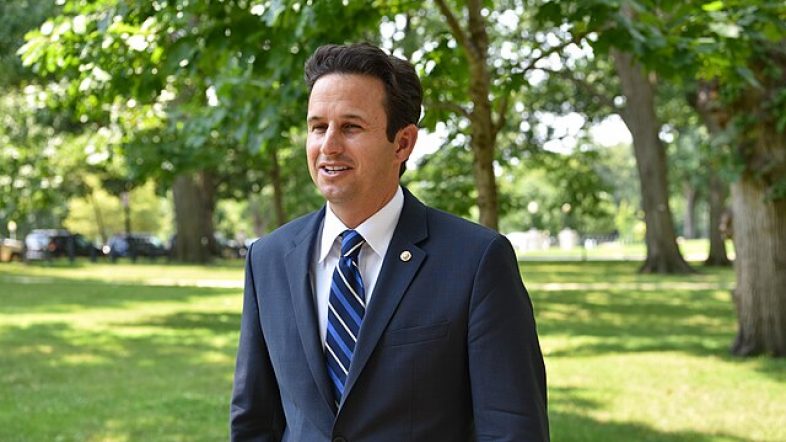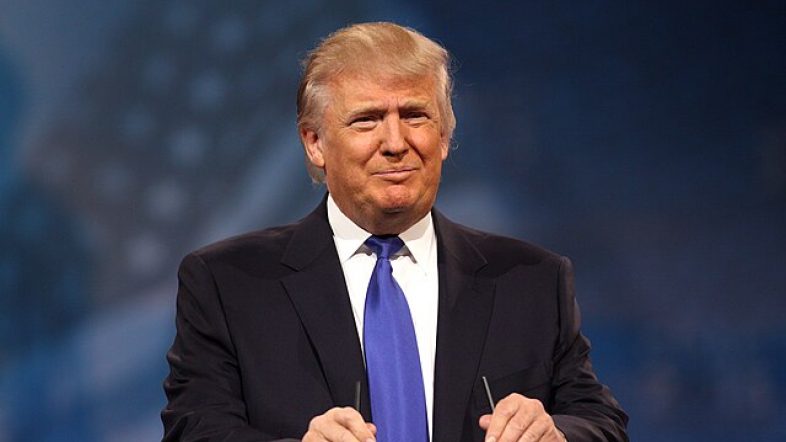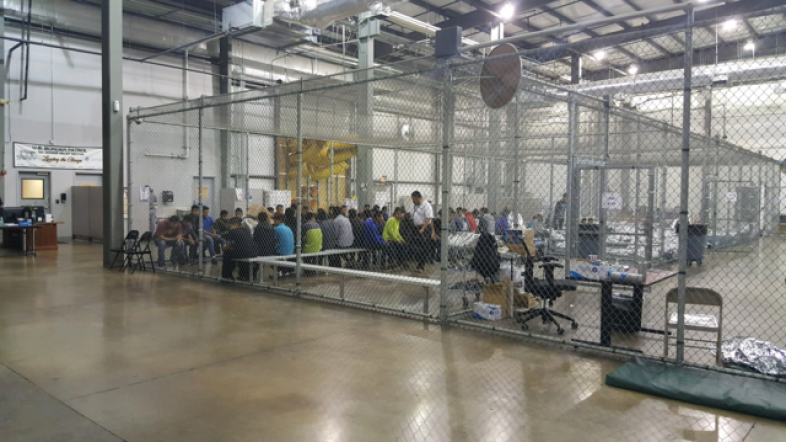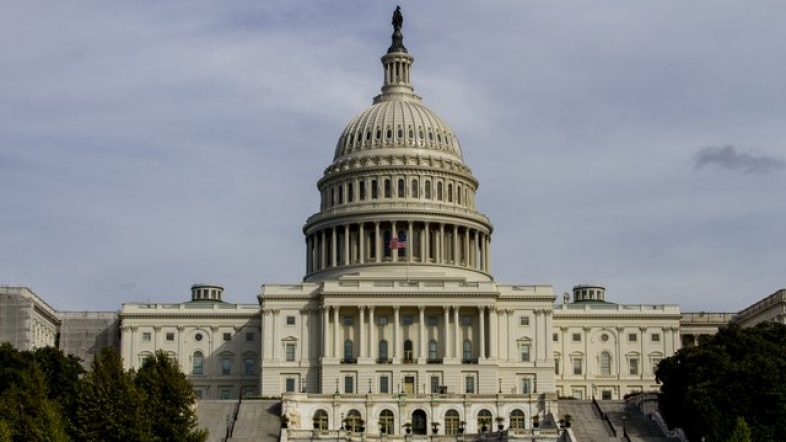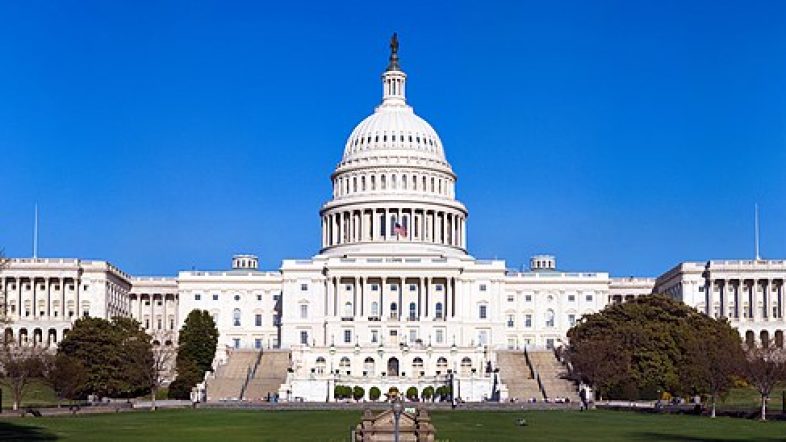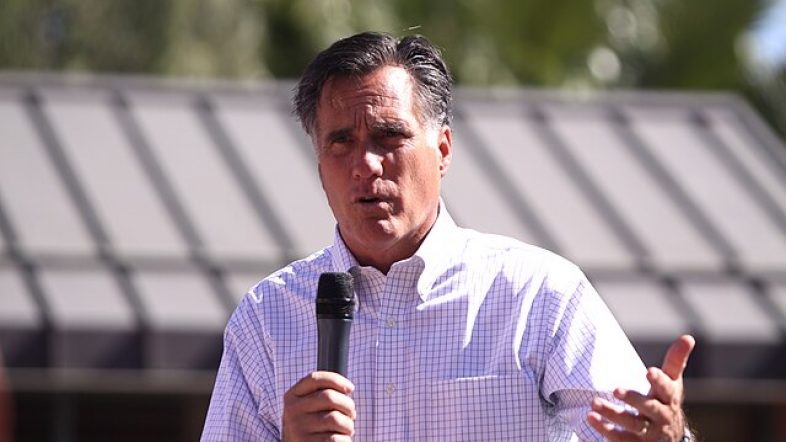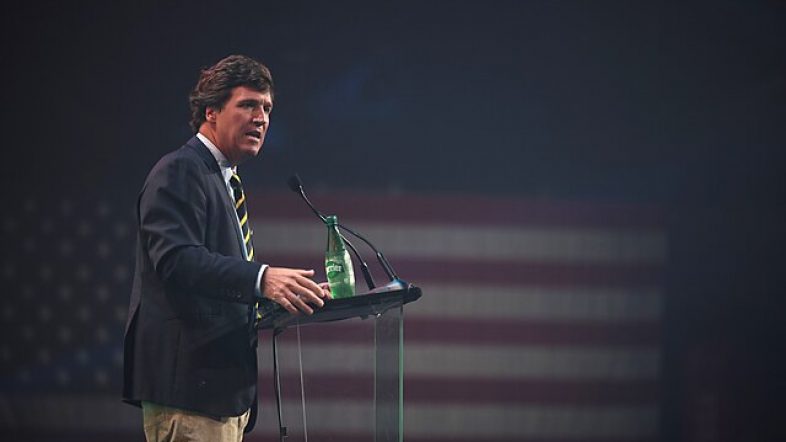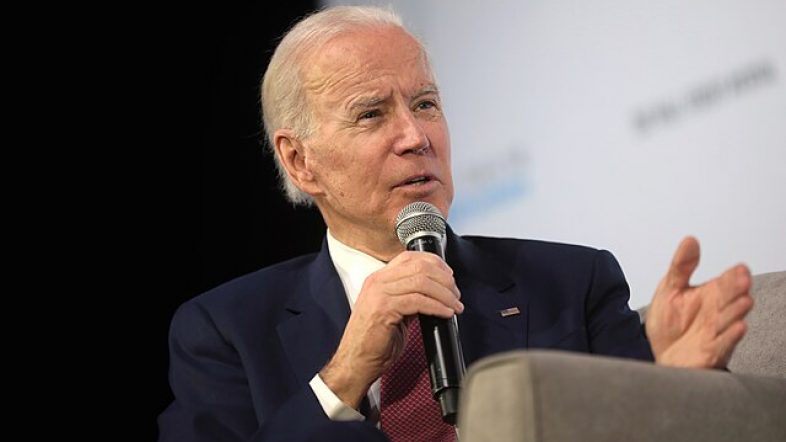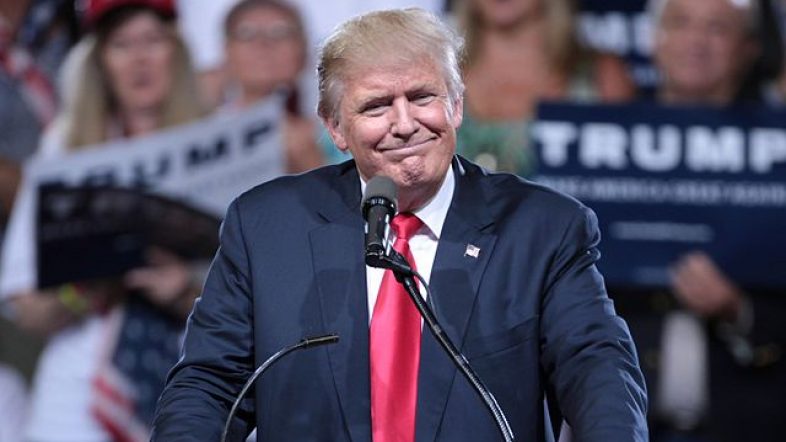Language can be decisive in deciding outcomes. Consider how adopting the term “death tax” in lieu of “estate tax” advanced reforms to previously unimaginable success.
The Trump tax cuts expire December 31, 2025, and so the ever-higher-tax crowd is working hard to center next year’s debate on similarly advantageous rhetorical ground. But that ground is typical swamp talk. Don’t fall for their nonsense.
Suppose Congress enacts a run-of-the-mill tax hike like a bump in the top individual-income-tax rate. Some taxpayers would then have less income and the government more as recorded by higher aggregate tax receipts. The damage done to economic incentives to work, save and invest would slow the economy and so total revenues would rise less than forecast, but revenues would still rise.
What happens if the Trump tax cuts, aka the Tax Cuts and Jobs Act (TCJA), expire? Millions of Americans would pay more taxes and have less income while federal receipts would rise. Same; same; allowing the TCJA to expire would be a $4 trillion tax hike, plain and simple.
This may seem obvious, but the ever-higher-tax crowd are toiling to deny the obvious in favor of an alternative interpretation. They do so with the simple construct of suggesting that extending the TJCA, that is, preventing a tax hike, must be “paid for,” by which they mean with offsetting tax increases.
In summary, the ruse is that Congress should raise taxes to pay for not raising taxes. For the ever-higher-tax crowd, this is “heads I win, tails you lose,” a perfect example of swampy Washington.
For example, Richard Rubin writing in The Wall Street Journal ponders whether Republicans should “cover any or all of the $4 trillion cost” of extending the TJCA, noting the debate pits those with a “fervent belief in the economic power of tax cuts against many GOP lawmakers’ oft-repeated concerns about federal debt and deficits.”
To be sure, many Republicans fervently support tax cuts, but tax cuts are not the issue here. Preventing a tax hike is the issue.
According to Rubin, extending the tax cuts, that is, preventing a tax hike, is a “cost” and failing to raise taxes challenges some Republicans’ concerns over the budget deficit. This is utter nonsense, reflecting the underlying premise that all income really belongs to the government, which as a charitable act allows taxpayers to keep some.
Or consider this from Alex Brill of the formerly conservative American Enterprise Institute: “[P]olicy makers should be concerned about the fiscal burden of a straight TCJA extension. Should Congress extend the TJCA permanently, it would add almost $4 trillion to the federal debt in the coming decade.”
Plain English translation: Failing to raise taxes by $4 trillion would add a like amount to the debt. See how clever this is? If Congress fails to raise taxes, then all else held equal, the government would indeed issue more debt.
Alternatively, failing to cut spending by $4 trillion would also mean more debt, but somehow Brill doesn’t mention this. More to the point, neither scenario has anything to do with extending TJCA which would merely preserve current law and prevent the tax hike.
The TCJA provisions need not be extended chapter and verse. No doubt there were some stinker provisions in such a massive bill. But revenues from any individual provision cast aside should be matched with additional tax relief elsewhere.
Those advocating tax hikes to sustain Biden’s spending-driven budget deficits should say so openly and honestly, without resorting to hide-the-pea rhetorical trickery.
Allowing the Trump tax hikes to expire would be a massive tax hike.






